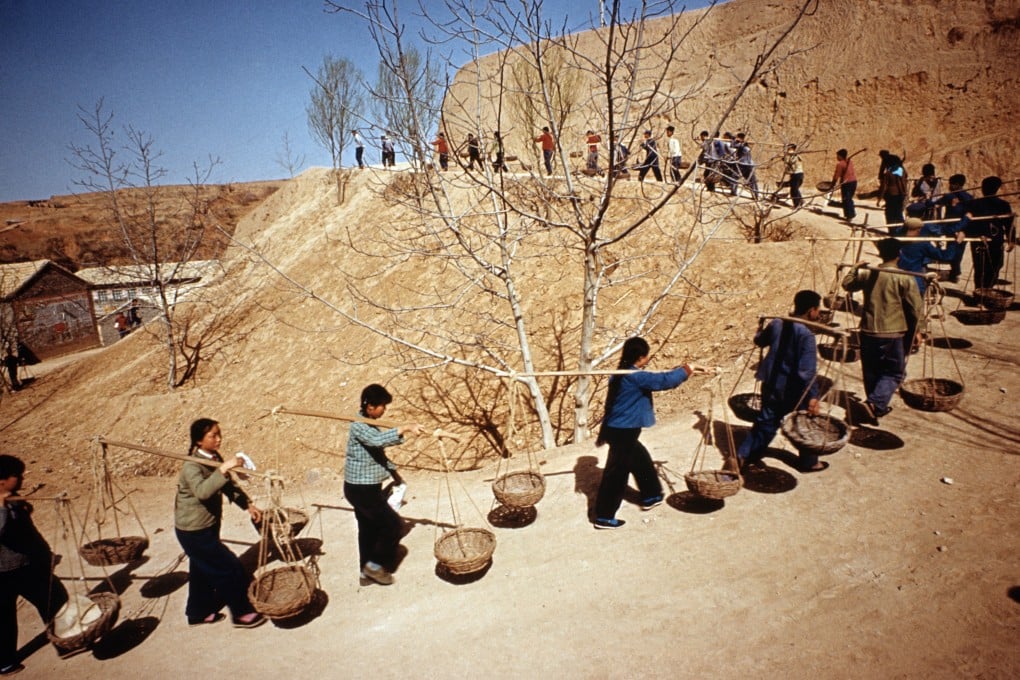Review | Empires of Dust: Jiang Zilong’s epic study of progress in China is engrossing, if exhausting
- The father of ‘reform literature’ does not disappoint, with his latest novel being huge in scale, ambition and word count
- What gives the novel its greatness is how Jiang shuttles between the panoramic and the intimately human

Empires of Dust
by Jiang Zilong
Alain Charles Asia
5/5 stars
Jiang Zilong’s Empires of Dust strives to be as epic, grandiose, ambitious, complex and turbulent as China itself – or at least the portion of its 20th-century history that Jiang describes.
If this makes the story sound not only bold but absurd or even hubristic, it will sound bolder, absurder and more hubristic still when I add that Empires of Dust essentially follows the life of one man, Guo Cunxian, in one place, a rural village called Guojiadian. For despite being a relentlessly restless spirit, Guo doesn’t venture further from his birthplace than Beijing, and then only to be ignored by urban grandees at the National People’s Congress.
Whatever his geographical limits, Guo’s personal trajectory nevertheless mirrors that of his vast nation, as it clambers from poverty to untold riches, jumps from Mao Zedong to Deng Xiaoping, from collectivisation to land reform (and back again), from the Cultural Revolution to getting rich fast. The question of whether these twin arcs equate to progress is posed on almost every page of Empires of Dust. And what a lot of pages there are.

While size, of course, isn’t everything, perhaps the most unmissable sign of Jiang’s literary audacity is the sheer scale of the novel itself. The paperback crests 700 pages, but its large pages, small type and closely packed spacing suggest that the 914-page digital edition is nearer the mark, although even this feels a touch cramped. No fewer than two translators (Christopher Payne and Olivia Milburn) and two editors were required in the making of this most welcome first English-language translation. And nor is it a great surprise to learn that Jiang himself took 11 years to finish the book, which was published in 2008, as Peasant Empire.
